CREA HOSTS 15TH ANNUAL ENERGY INNOVATIONS SUMMIT
Industry leaders discuss the electric industry
The Colorado Rural Electric Association concluded its 15th Annual CREA Energy Innovations Summit. This year’s conference brought together more than 275 industry experts and leaders who discussed the latest developments in today’s dynamic energy landscape.
During the opening session, United States Sen. John Hickenlooper emphasized the importance of a bipartisan approach to energy and climate issues. He shared valuable insights from his experience with the Bipartisan Infrastructure Act and drew from his background as a geologist. At lunch, NERC Senior Vice President of Strategy and External Engagement Camilo Serna discussed with attendees the impact of coal fired power plant retirement on the North American power grid.
“Bringing together leaders and experts from across the U.S. and Canada for a day of shared knowledge highlights CREA’s commitment to excellence. Together, we are shaping the future of the electric industry, and it’s inspiring to see what we can achieve as a united community,” CREA Executive Director Kent Singer said.
Breakout sessions and panel discussions that facilitated engaging conversations and networking opportunities were available throughout the day. “The lineup of presenters at the 2024 CREA Energy Innovations Summit was the best I’ve seen in my many years of attendance at the event,” Mountain View Electric Association CEO Ruth Marks said.
A session covering advanced reactors explored the potential of new generation nuclear technologies as a sustainable solution for achieving carbon-free electricity. Another discussion focused on load growth and data centers, where experts from CoBank, E3, and RMI analyzed the soaring demand for data centers and its implications for resource planning. Additionally, a panel discussing barriers to EV adoption examined Colorado’s electrification goals and discussed strategies to combat range anxiety and improve charging station availability. “The topics were timely and relevant to Colorado cooperative issues of the day. From hearing about NERC reliability concerns to becoming better informed about emerging technologies, it was definitely time well spent,” Marks continued.
“As we wrap up the 15th annual summit, I’m encouraged by the collaboration and leadership we’ve fostered over the years” said CREA Director of Member Services and Education Julie Baker. “We are thrilled with the turnout and the level of engagement from our participants.”
The 2025 CREA Energy Innovations Summit will take place on November 3 in Westminster.

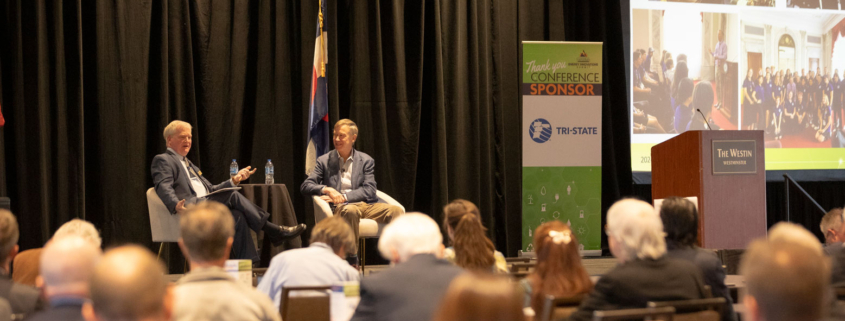
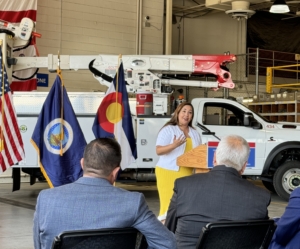
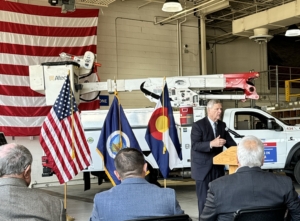
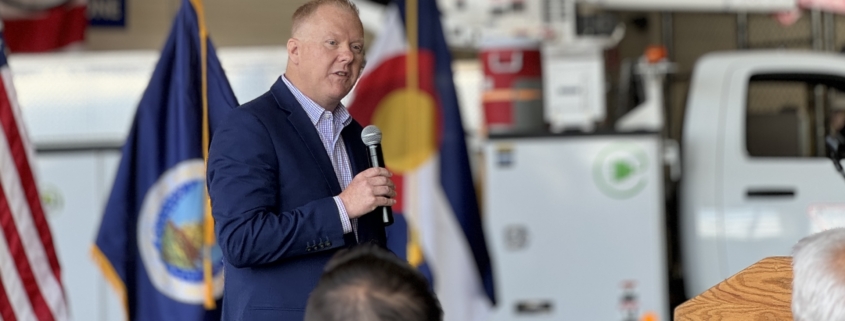 2024
2024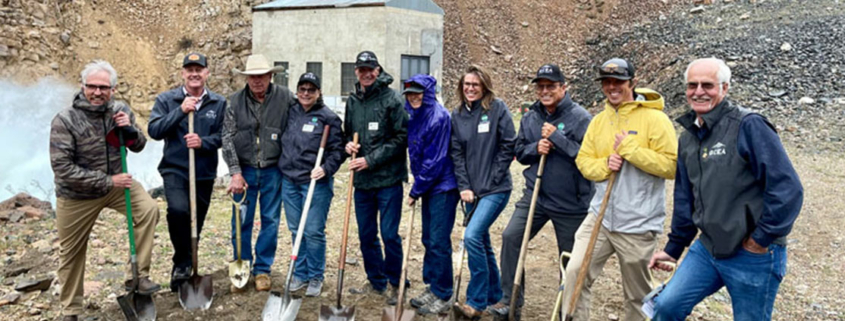 GCEA 2023
GCEA 2023